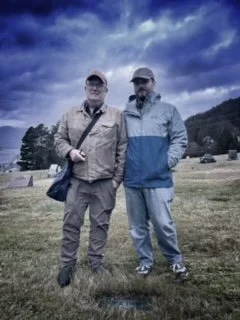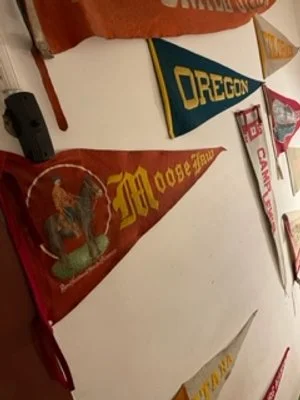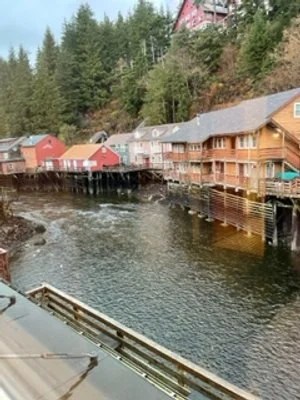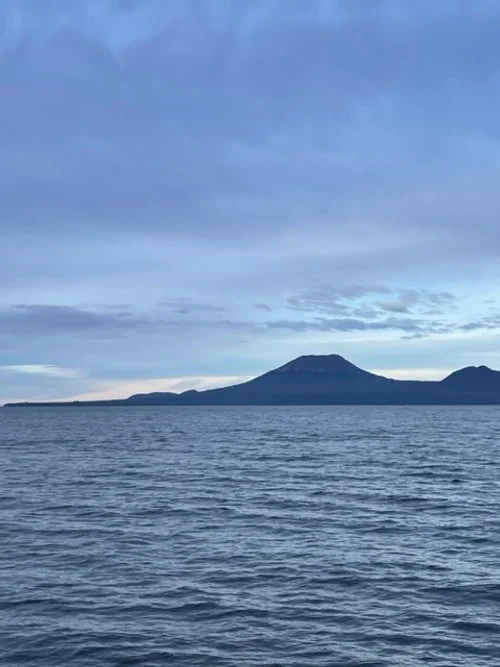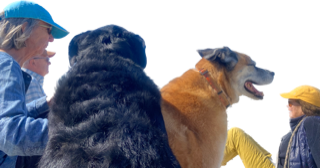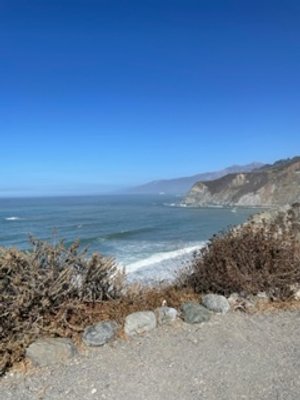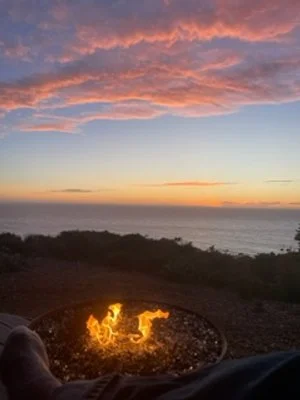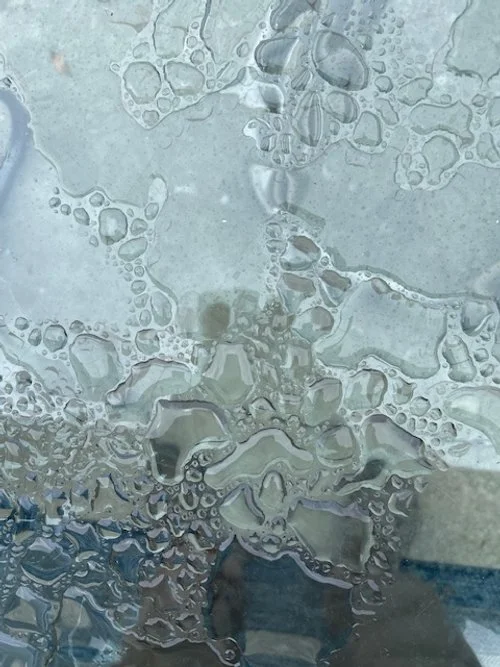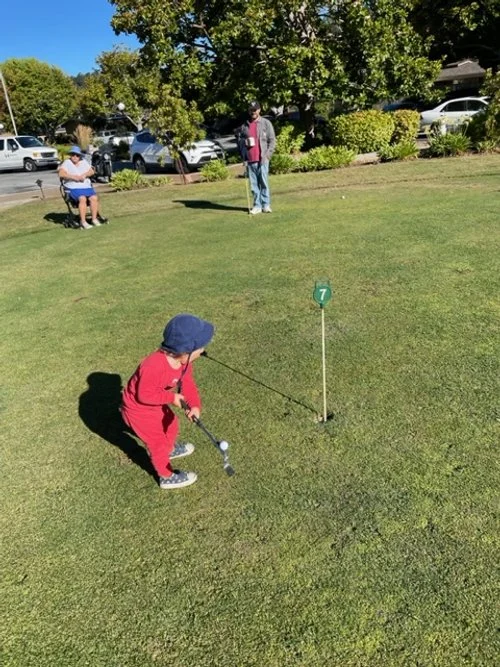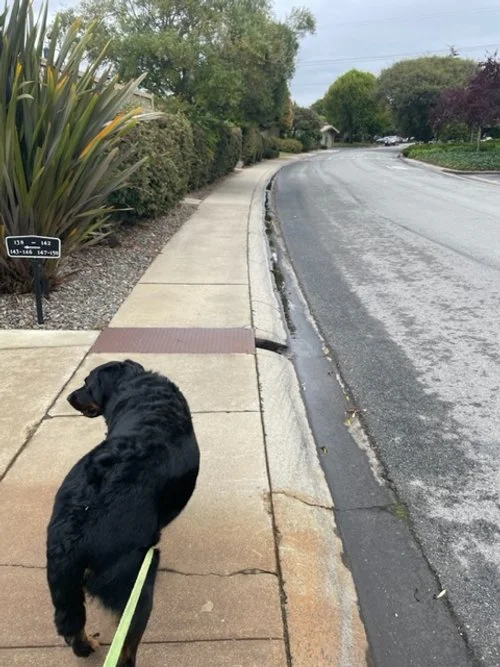Warm spring morning. Little lizards skittering across the path as if they are floating on air. Ornamental cherry trees in full blossom. Waterfowl circling above the valley. These are things I see on my morning walk. I write them down to help me locate myself in the season where I live now.
Here is a quick review… or a few thoughts really, about a little book a friend sent me. The book is: Storylines: How Words Shape Our World by J. Edward Chamberlin. The friend is Ted Chamberlin himself.
My new but well read copy of this fine book.
All my life I have been a dreamy person, awash in the world. As a writer I’ve always drifted toward dreams and hallucinations..You might think that these impulses did not serve me well as an oral historian or a private investigator, but you would be wrong because that was where I discovered the magic of stories.
Back in the late eighties I had been attacked by an Alaskan brown bear sow, and became a little skittish walking around in the woods and I asked an old Tlingit woman if she knew any stories about brown bears. She said there was one story she knew about some of her relatives in Yakutat, a distant cousin married a bear and had kids with him, She said, “I don’t know… the kids were half bear and half human I don’t know how they did it or what they looked like..” She didn’t sweat those details she just knew it was a true story and, “Most white people don’t believe it.” But I did.
I knew many men I interviewed in jail who told me they were combat veterans when no record or personal interview could confirm it, yet they stuck to their story. Stolen honor was better than the life of no honor at all they were living on the streets just then. How much better it was to be a tragic hero than an ordinary inmate? Why not simply assume the story of another? I knew a woman who told me a long florid story about how her son had died in an airplane crash when after some investigation, it turned out that her son was alive and well but had stolen her retirement money from her. Some stories teach lessons some resolve conflict or grant wishes, some become cultural artifacts and some are cries for help. Some are in songs or poems, some stay hidden within a family and some become the laws of our community.
Welcome to the world of Storylines. Ted Chamberlin has had an extraordinary career in the literary arts whether written spoken or sung. He has had important postings in government helping to negotiate land claims of Canada’s first peoples. He is expert in the stories of South African bushmen as well as the Rastafari of Jamaica. He loves folk music and takes it seriously both as poetry and when appropriate, historical record. He is incredibly well read and respects the lessons that songs and stories can teach.
Storylines is short volume…but dense. He crosses every border and has traveled as fast and as widely as a good joke or some hot gossip. This book is not a linguistic tract but an exploration of the many ways that narrative (or stories) have a way to pulse through our blood and shape the things we know or think we know, what we feel or suspected that we are feeling. The stories we encounter touch every part of our life.
I read this book with both wonder and a flash or recognition. The truth of this new way of thinking of stories is instantly recognizable once the ideas in it begin to germinate.
My wife and I lived and traveled by boat in Southeastern Alaska for almost fifty years. When we first arrived we depended on the stories of more experienced travelers for how to get around. If I asked, “Whats the best way to get from Sitka to the hot springs south along the outside coast, we would hear a story about winding between the islands and about how to traverse an intimidating passage called the Keyhole. A story about sticking close to the rocks and making an “S” turn to avoid the rock just under the low tide mark in the middle of the passage. We would write the instructions down, (in pencil, because good advice can often change) on a paper chat. Later, electronic GPS machines helped with the navigation but I never got rid of the charts and kept them handy. Machines can often blink out when most needed but the handy chart with the record of stories was always dependable.
Our memories added layer and layer of information to the story of how to get to the hot springs, sometimes adding verbs to the chart notations. “Keep good speed here,” “Post a bow watch here.” Sometimes we would note nouns, “Nancy’s Anchorage,” for the place we stopped with a friend for a delightful picnic. “Jam Jar Beach” for finding a treat durning a picnic. Here are only two examples of how we convert memory to words and use the words to navigate in the world.
Of course we use this same creation of stories to help us know where we are or where we’d been in this world. This ability is indispensable not just in going out on an adventure but but finding our way home.
From the simply personal Ted tells his own stories about how narratives illuminate and shape of almost all forms of human wisdom: from religious dogma, to government policy, and even the elegant forms of mathematical description.
In Storylines Ted writes: “I am often asked by family and friends and politicians and taxi drivers what we do at the university where I taught for much of my working life, We tell stories I always say. Old stories—-about the origin of species and the decline and fall of empires, about big bangs and small particles, about justice and freedom, supply and demand, economy and efficiency. And we make up new stories. We call the old ones, “teaching.” And the new ones, “research”. And we watch them compete for our attention , and our belief.”
Some call this way of seeing the world “narrative theory.” But I believe Ted Chamberilin makes a good case for how language, memory, and experience coalesce into what may well be the story of human consciousness.
He ends the book with a section of poem by one of my favorite poets, Simon Ortiz:
My uncle told me all this, that time.
Coyote told me too, but you know
how he is, always talking to the gods,
the mountains, the stone all around.
And you know, I believe him.
So, stories tell the truth of the possible and the impossible, and all of it turns out to be believable. This book reminds us of this lesson that is always there hiding in plain sight. .




